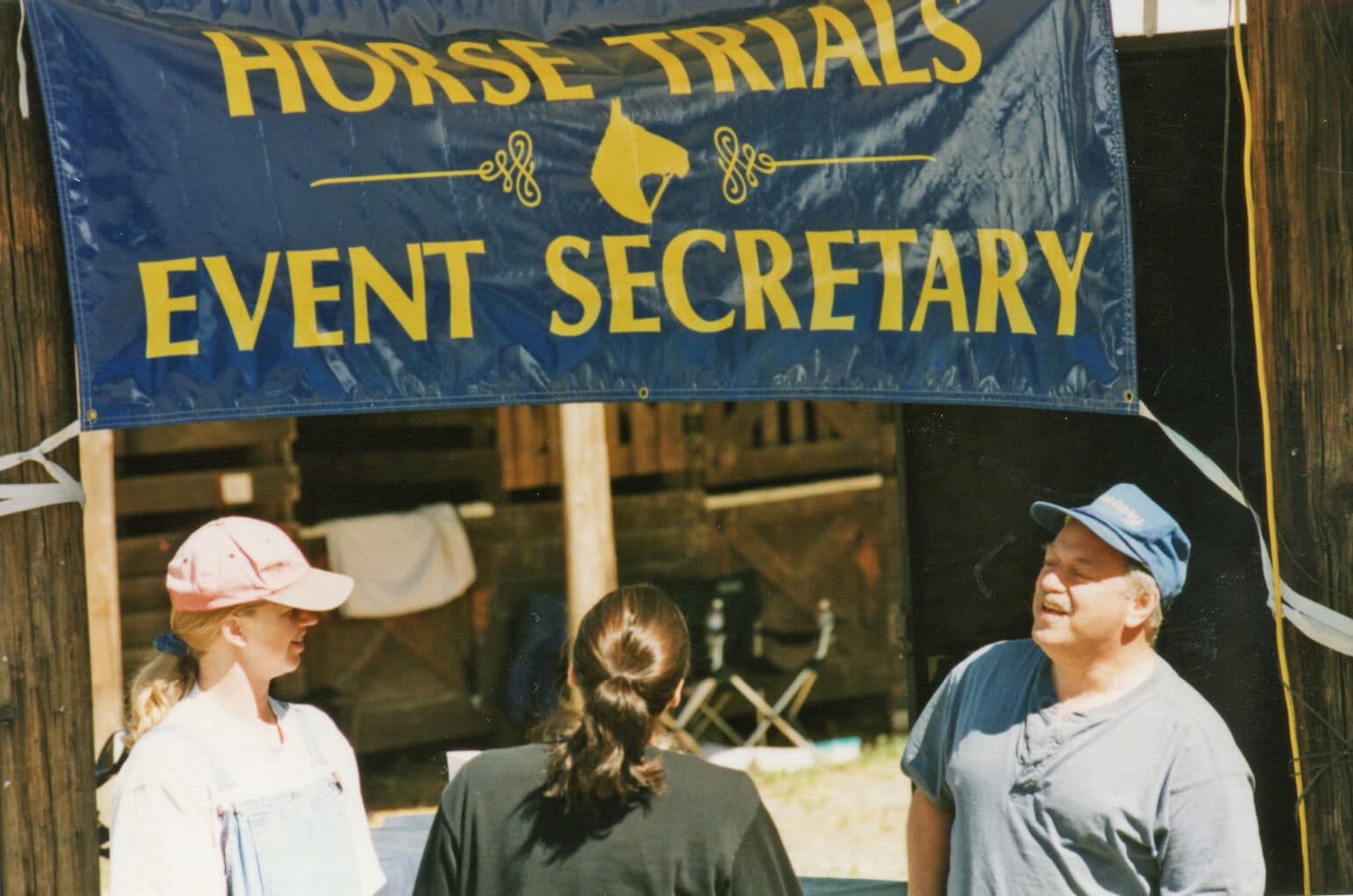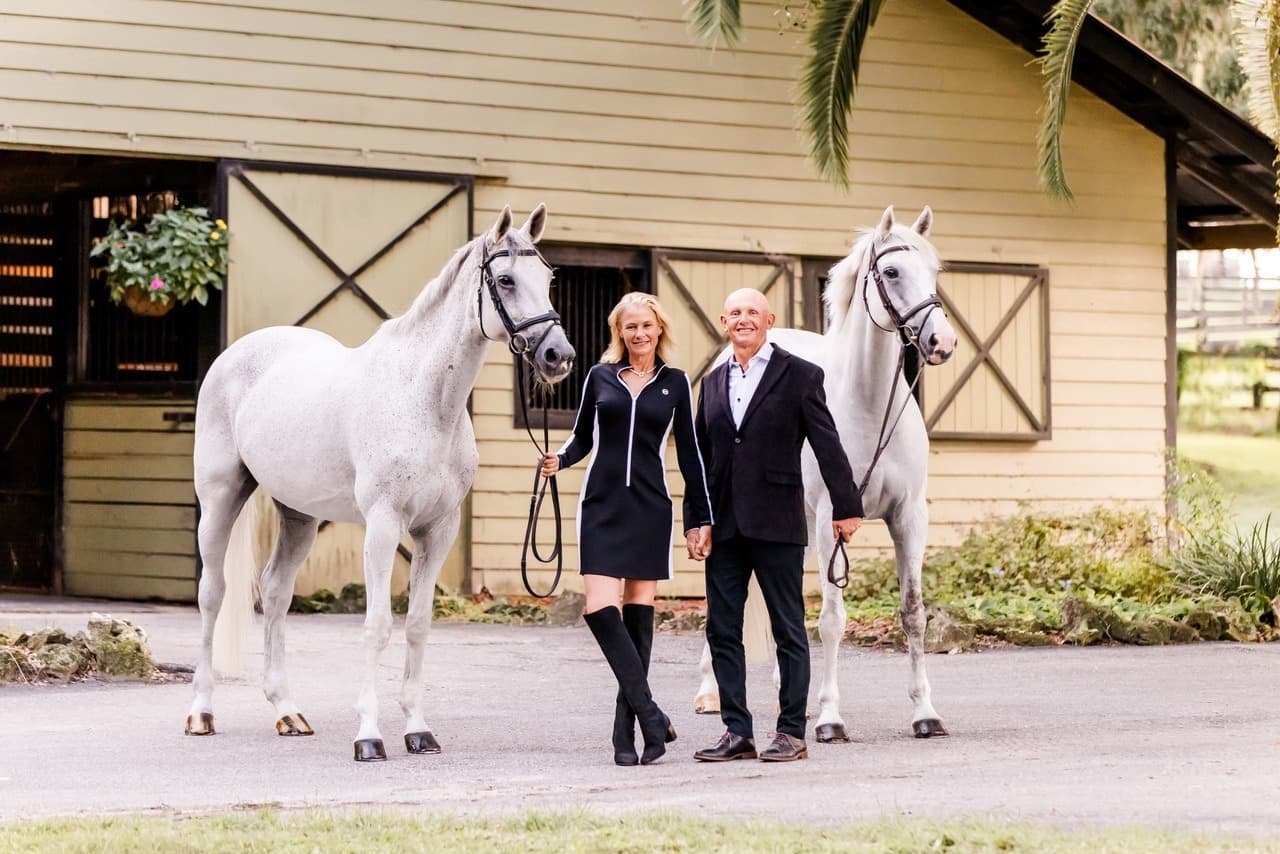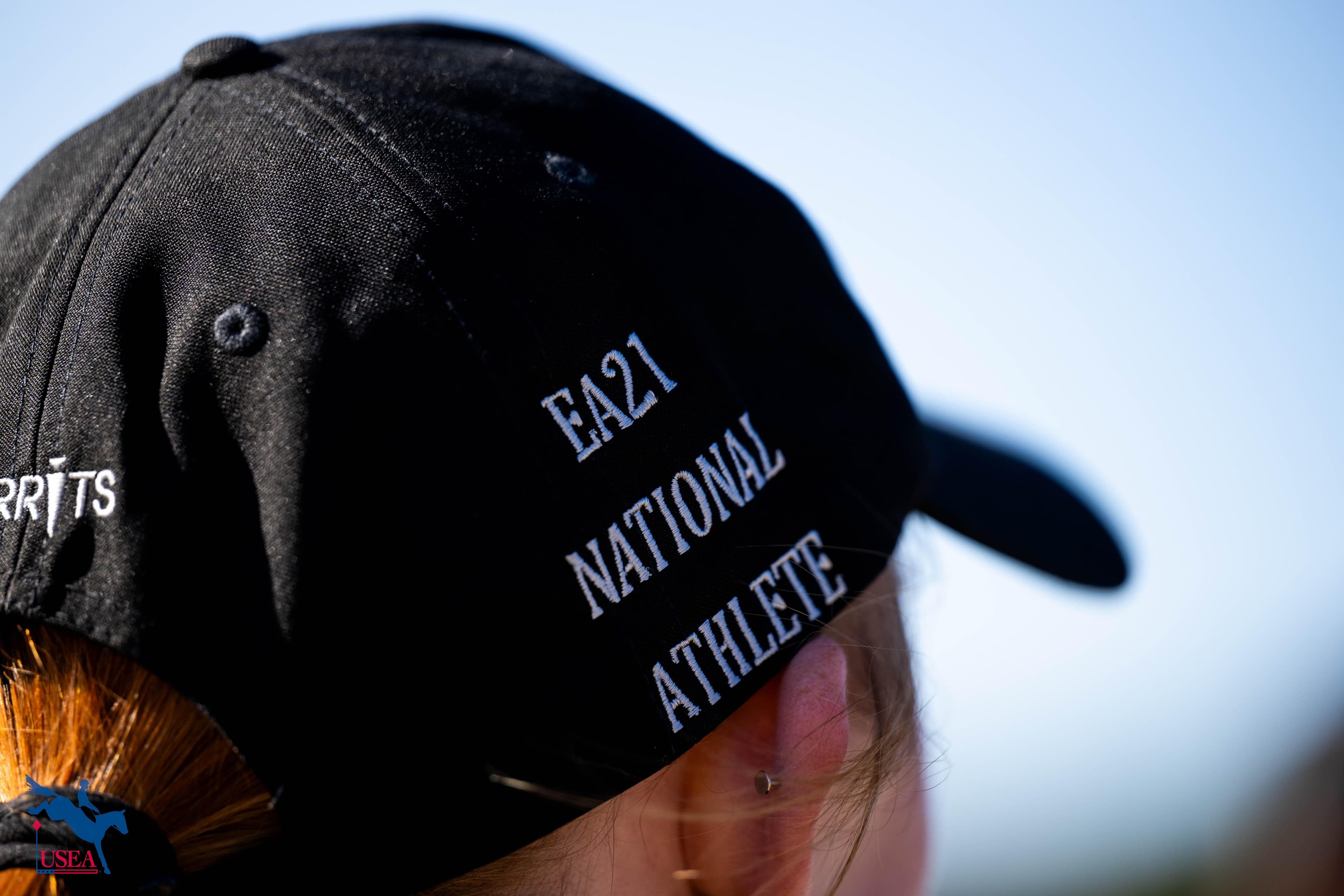Get Licensed: Becoming an Event Secretary or Organizer

Most eventers recognize a licensed official as their judge, technical delegate or cross-country course designer, but many haven’t considered how these officials found themselves in those roles. The path to becoming licensed is often long, undulating and expensive, and yet these individuals do it to keep the sport alive for years to come. In this series, we explore what exactly it takes to become a licensed official. Next up, Event Organizer and Secretary. Though these jobs require no license, they do require expert preparation, keen attention to detail and the ability to handle anything that comes their way.
Key to any organized event are the Organizer and Secretary. There is no licensing program to be an Organizer or Secretary, but these are jobs for which any candidate should be well prepared. Note that while the event Organizer and Secretary are separate jobs, and you do not need to do one in order to do the other, they are closely related. However, an individual cannot do both jobs at the same show.
Molly Hooper Bull is a four-star competitor, graduate B Pony Clubber, and a Level II Certified ICP Instructor. Her husband Eric is a course builder for such notable events as the Fair Hill International CCI3*, Plantation Field CCI3* and the 2015 Pan American Games. Bull already does some bookkeeping for equestrian businesses, and since she is heavily involved in the sport of eventing and likes to keep things organized, Bull felt that being an event Secretary and Organizer would be an ideal position for her and would give her some job stability in the future. While she knows the sport inside and out, Bull teamed up with longtime organizer Shelley Page, Co-Organizer for the 2016 USEA Nutrena American Eventing Championships (AEC) and who also wrote the USEA Event Organizer’s Guide, a step-by-step resource including all the finer details required of Event Organizers and Secretaries.

Molly and Eric Bull with their son Henry at the 2015 Pan American Games. Photo by Amber Heintzberger.
“For being a secretary I had talked to Shelley Page before taking my first job, and she thought that I would be good at it,” said Bull. “I’ve since worked with Shelley, and especially for being an organizer she’s really taken me under her wing. She let me shadow her at AEC, and watch how she interacted with people. Two weeks later she was doing the Tryon Riding and Hunt Club Horse Trials, so I helped her there, and I’m going to do my first solo gig at the same venue in the spring when it’s the FENCE Horse Trials.
“Before the event at FENCE, Shelley showed me where the dressage rings are placed and had one of them moved, looked over the stabling, and I went around with the TD while they measured the cross-country course. We made thank you bags for the volunteers and did a ton of other things – she even showed me where the port-a-johns go. During the event we changed radios for jump judges, took them snacks, drinks and lunches and picked up scores as divisions finished. After all of that I feel well prepared for the spring horse trials.”
Bull said that the first step to becoming an organizer is to thoroughly read the Handbook. “It’s more than 50 pages and that’s the biggest help to figuring out a timeline for everything you need to do as an Organizer. A lot of it is about starting from scratch at a new site, so that didn’t apply to me, but there’s also a lot of paperwork, which has to be taken care of in a timely manner.”
One of the most important aspects of the Organizer’s job is, well, being organized. As she prepares for FENCE, Bull said, “The first thing I did was hire officials and get contracts signed for them. The Organizer is responsible for submitting the Omnibus page to the USEA, and that deadline was in October, six months before the actual event. I hired a secretary and officials then, too. Officials include dressage judges, a Technical Delegate, and the President of the Ground Jury. They already have show jumping and cross-country course designers at FENCE, but those are important people to hire if you’re starting at a new site!”
Being organized is an essential part of the job. Photo by Mary Hirsch.
Bull said that she found it helpful to work as an Event Secretary before taking on the job of Organizer. Her first job as a Secretary was at Kelly’s Ford Horse Trials in 2015. “Shelley was sort of a lifeline for me, but I used the EventSecretary software, and since Rick Dunkerton wrote that he was incredibly helpful in answering my questions. I owe both he and Shelley for being patient with me!”
She pointed out that there is also a whole section in The Event Organizer’s Guide on being a Secretary. “It includes a list of people you need to hire and explains their jobs as well. There are also chapters on stewards, timers, scorers, etc.”
She continued, “A Secretary ends up answering a lot of questions; you’re sort of the face of the event, and you need to tell people things like which dressage test is someone riding, or where they are stabled. I received a lot of emails, and I tried to answer them within a day. The evententries software is incredibly helpful, but people also still do paper entries, which come in the mail and need to be logged in.”
As the event approaches, Bull explained that the Secretary is responsible for keeping everyone, from competitors to officials, informed. “I would update information once a week. You need to be very detail-oriented; and I like organizing things and putting them in the right place, and that’s sort of how the program works. If someone has an expired coggins you need to let them know. Some people like to wait until the morning of the show to bring me their missing items, but that makes the Secretary’s job a lot harder, since there might be 150 people waiting to get their packets!”
The week of the show, the Secretary makes a list of ride times and sends this to the Organizer. Bull said that figuring out how to make the schedule work is kind of like putting together a puzzle.
Photo by Mary Hirsch.
“I found it helpful to be a Secretary first, because you work under the Organizer. Say someone called the day before the show and asked for a refund because their daughter was in the hospital, or they wanted a free cross-country schooling pass for some reason, it was nice to have someone who was more experienced to help make those decisions. You also go the week before an event and watch how the Organizer works with the officials. Being the Organizer is a little bigger job with more responsibilities and you get a glimpse of what that is like as a Secretary. I don’t think you have to be a Secretary first, but I think it’s helpful.”
As she prepares for FENCE, Bull said that she has not been shy about asking for help. “If I’ve had questions I’ve asked Shelley, and Tracie Hanson is the Director at FENCE and has been there for many years. She knows a lot of details about the facilities and has a plan. She’s working on getting a list of volunteers to me, she’s ordering the ribbons, she’s doing a lot of things that make my job easier. It’s a little tricky figuring out who’s doing what, so we have to be really clear in communicating who is responsible for what! I also spoke with Greg Schlappi, who’s the cross country course designer and builder: he’s done some improvements since last year with the water jump and a couple of things, which are details that are also different from a brand-new event.”
As the mother of 6-year-old son, Bull said that the job of Secretary was worked well with her schedule, because she was able to do much of the preparation from home before arriving the day before the competition whereas the Organizer needs to be on-site earlier, meaning more time away from home.
“We did a site visit in September, when I went for the Horse Trials, which was ideal so I could see how everything worked during a competition. If I hadn’t had that chance I’d still have gone to talk to them about where everything goes and how it works, generally about six months before the date of the show. Then you go again a little more in advance of the start of the show. Shelley might go a week in advance if it’s a new show,” Bull said and continued that an Organizer overseas all the details including vendors, show photographers and on-grounds food. Each of those contracts falls to the responsibility of the Organizer.
“It was fun to see what Shelley did at AEC because there were so many things going on! I basically shadowed her and we did a lot of running around in the golf cart, checking in with people. We checked the footing on cross-country, checked on volunteers, checked in with the Secretary and Control, met with sponsors, checked radios,” Bull commented. “I also helped her set up for the band playing on Saturday night and put ice in the misting fan tent, which are things you don’t see at smaller events. I hope I was helpful and not in her way! It was very fast-paced, and I liked that.”
This is a job that is not for everyone. Excellent communication skills, attention to detail, and the ability to remain calm under pressure are essential. A love of the sport of eventing goes without saying, since you’ll be spending long hours combing through every detail of an event, and perseverance is required to get everything done on time. Next time you pick up your event packet, be sure to tell the Secretary and Organizer of the event thank you for the many hours they’ve put in behind the scenes.
If you are interested in learning more about what it takes to be an Event Secretary or Organizer, try volunteering with one! Eventing is always in need of new faces to support the sport. Visit www.eventingvolunteers.com to become a part of the new USEA Volunteer Incentive Program or email your local event’s Organizer.














